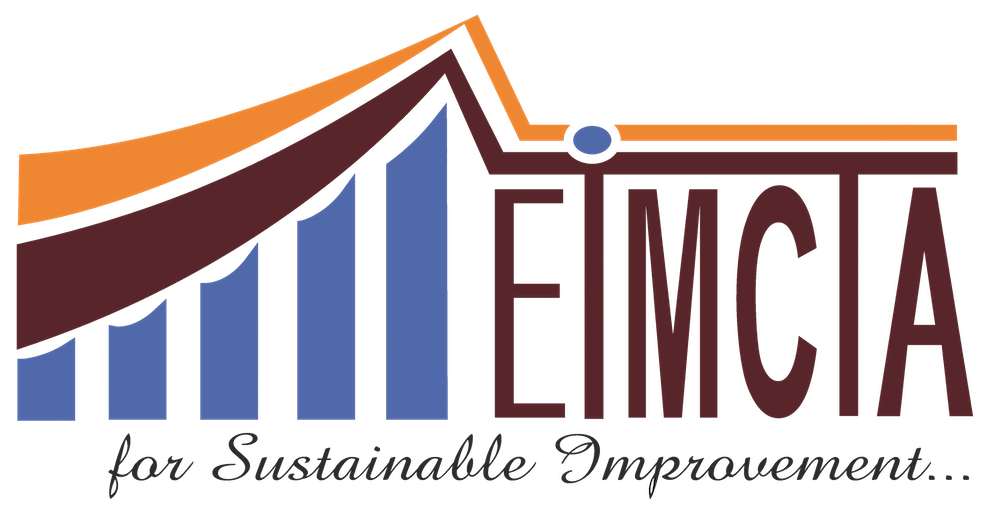Food and Beverage Recall Drill training is a critical component of a comprehensive food safety management system. It involves simulating a recall scenario to test the effectiveness of recall procedures, communication channels, and response capabilities within a food establishment or company. Here are the key benefits and principles associated with Food and Beverage Recall Drill training:
Benefits:
Preparedness: Conducting recall drills helps organizations prepare for real-world recall situations by familiarizing employees with recall procedures, roles, and responsibilities. This enhances readiness to respond promptly and effectively if a recall occurs, minimizing potential negative impacts.
Risk Mitigation: Recall drills enable organizations to identify gaps, weaknesses, and vulnerabilities in their recall plans and procedures. By addressing these issues proactively, organizations can reduce the likelihood and severity of recall-related risks, including product contamination, consumer harm, and reputational damage.
Regulatory Compliance: Regulatory agencies may require proof of recall preparedness and effectiveness as part of food safety regulations. Conducting recall drills demonstrates compliance with regulatory requirements and helps organizations meet their legal obligations.
Enhanced Communication: Recall drills facilitate communication and coordination among internal stakeholders, including management, quality assurance teams, production personnel, and external stakeholders, such as suppliers, distributors, and regulatory agencies. This improves collaboration and information-sharing during recall events.
Continuous Improvement: Recall drills provide opportunities for organizations to evaluate and improve their recall procedures based on feedback and lessons learned. By identifying areas for improvement and implementing corrective actions, organizations can strengthen their recall preparedness over time.
Principles
Realistic Scenario Simulation: Recall drills should simulate realistic recall scenarios that reflect potential threats, incidents, or issues that could occur in actual recall situations. This enables participants to practice response actions in a controlled environment and prepare for various contingencies.
Clear Roles and Responsibilities: Recall drills clarify roles and responsibilities for individuals and teams involved in recall management, including designating recall coordinators, communication channels, and decision-making authority. This ensures that everyone understands their roles and can execute their duties effectively during a recall.
Effective Communication: Effective communication is essential during recall drills to ensure that information is conveyed accurately, timely, and to the appropriate stakeholders. Participants should practice communicating internally and externally, including with regulatory agencies, media, and consumers, as appropriate.
Documentation and Evaluation: Recall drills should be documented and evaluated to assess the effectiveness of recall procedures, identify areas for improvement, and document lessons learned. This feedback informs continuous improvement efforts for recall preparedness.
Cross-Functional Collaboration: Recall drills should involve participants from different departments and functional areas within the organization to foster cross-functional collaboration and coordination. This ensures that all aspects of the recall process are addressed comprehensively and that there is a shared understanding of roles and responsibilities.
